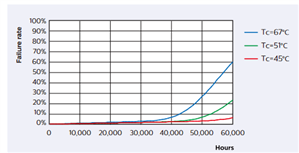https://www.bbc.co.uk/news/uk-57407233
Energy minister Anne-Marie Trevelyan said: "We're phasing out old inefficient halogen bulbs for good, so we can move more quickly to longer-lasting LED bulbs, meaning less waste and a brighter and cleaner future for the UK.
But don't the new L.E.D. lamps contain more electronic stuff, all eventually destined for landfill?
Z.

